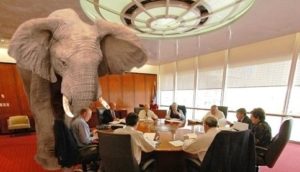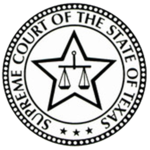In Legendre v. Harrah’s Casino, the Fifth Circuit held that a genuine fact issue existed as to negligence, requiring reversal of a summary judgment, where surveillance footage and testimony allowed a reasonable inference of inattentive conduct by an employee.
A patron of Harrah’s Casino bumped into a casino employee on the casino floor. The record showed that the employee admitted he “was walking while looking down fixing [his] facemask” and did not see the patron before impact.. A surveillance video, while brief, showed him not looking where he was going. As the Court summarized: “whether this momentary inattention amounts to negligence is a fact issue, which the district court should not have resolved.” No. 24-30689, Oct. 30, 2025.

 A civilian treatement of contract formation appears in
A civilian treatement of contract formation appears in 














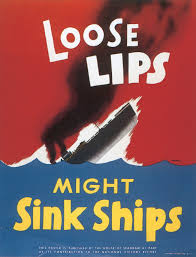
















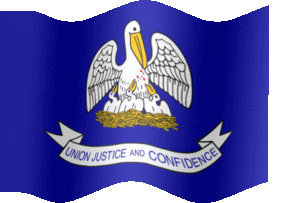


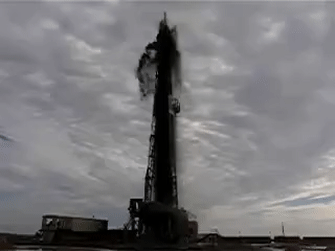



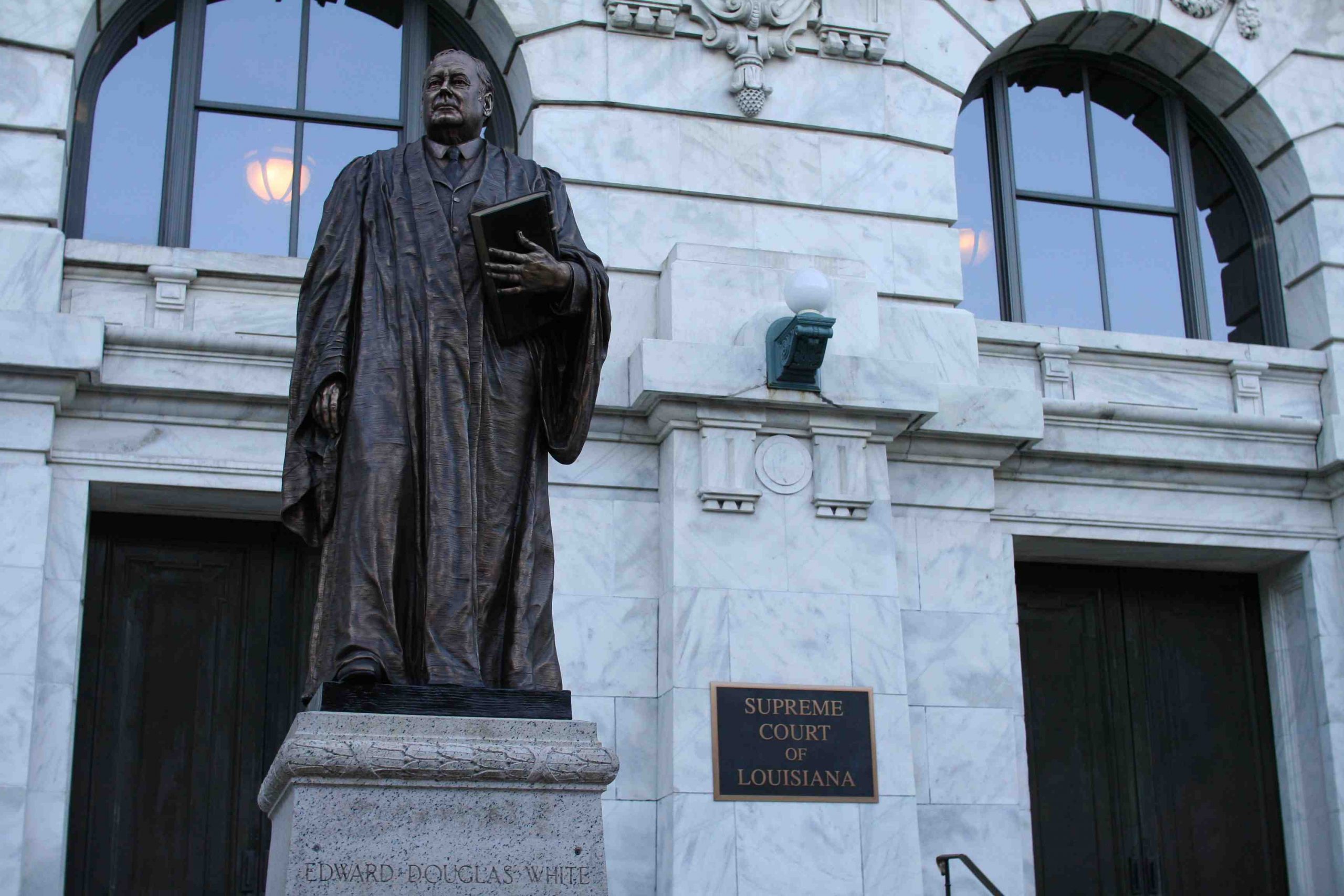


















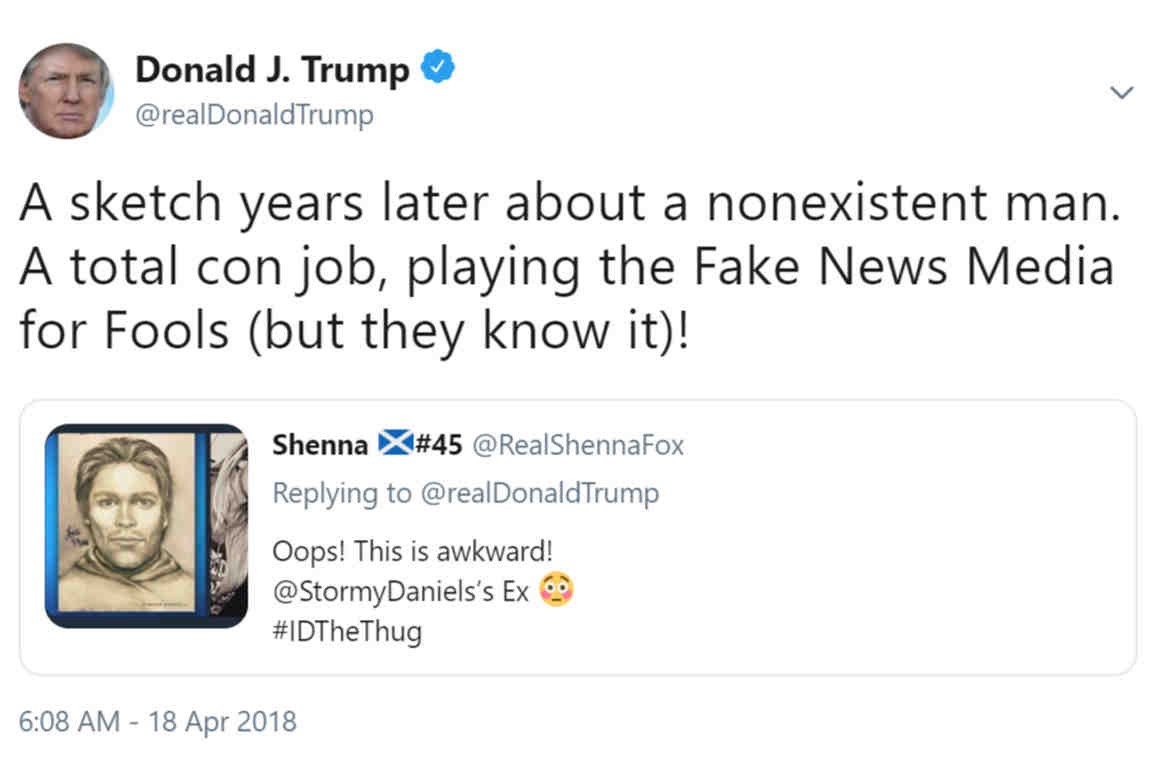
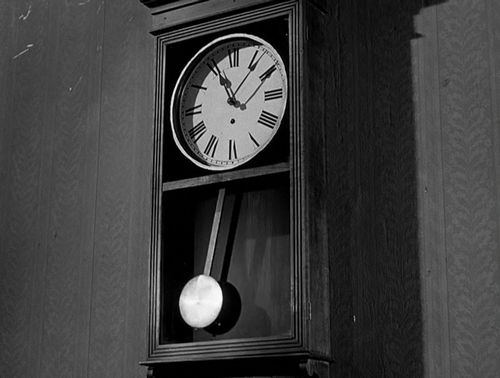
 ned to the “good faith” defense to a claim under the Texas Uniform Fraudulent Transfer Act – a defense that potentially allows an innocent third-party to retain the benefit of a transfer made by a debtor with intent to defraud creditors. The specific question was whether the Texas Supreme Court would accept a “futility” defense to inquiry notice, and the Court concluded that it would not: “No prior court considering TUFTA good faith has applied a futility exception to this exception, and we decline to hold that the Supreme Court of Texas would do so. Transferees seeking to retain fraudulent transfers might offer up evidence of undertaken investigations to prove a reasonable person’s suspicions would not have been aroused when the transfer was received. But the fact that a fraud or scheme is later determined to be too complex for discovery does not excuse a finding of inquiry notice and does not warrant the application of TUFTA good faith.” No. 17-11526 (Jan. 9, 2019).
ned to the “good faith” defense to a claim under the Texas Uniform Fraudulent Transfer Act – a defense that potentially allows an innocent third-party to retain the benefit of a transfer made by a debtor with intent to defraud creditors. The specific question was whether the Texas Supreme Court would accept a “futility” defense to inquiry notice, and the Court concluded that it would not: “No prior court considering TUFTA good faith has applied a futility exception to this exception, and we decline to hold that the Supreme Court of Texas would do so. Transferees seeking to retain fraudulent transfers might offer up evidence of undertaken investigations to prove a reasonable person’s suspicions would not have been aroused when the transfer was received. But the fact that a fraud or scheme is later determined to be too complex for discovery does not excuse a finding of inquiry notice and does not warrant the application of TUFTA good faith.” No. 17-11526 (Jan. 9, 2019).







